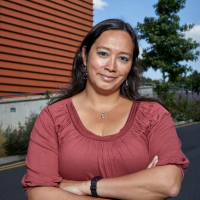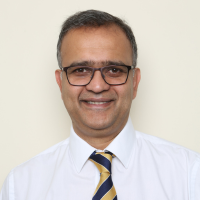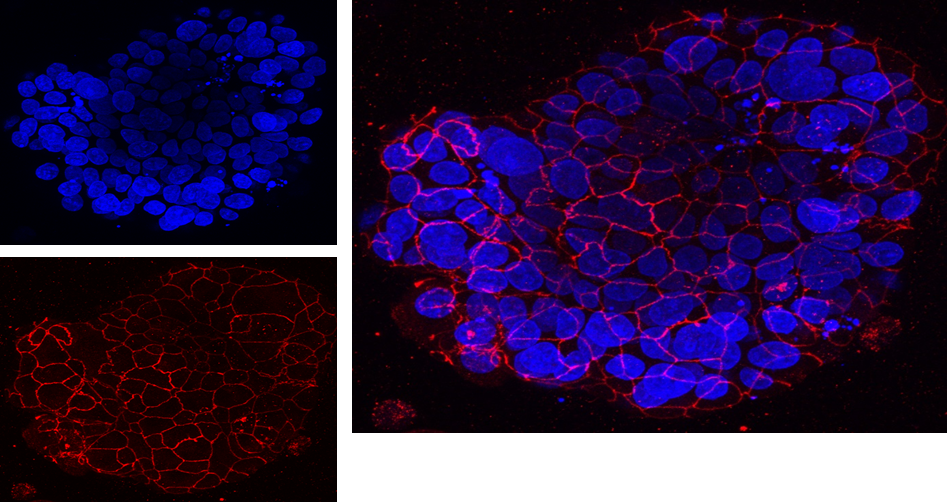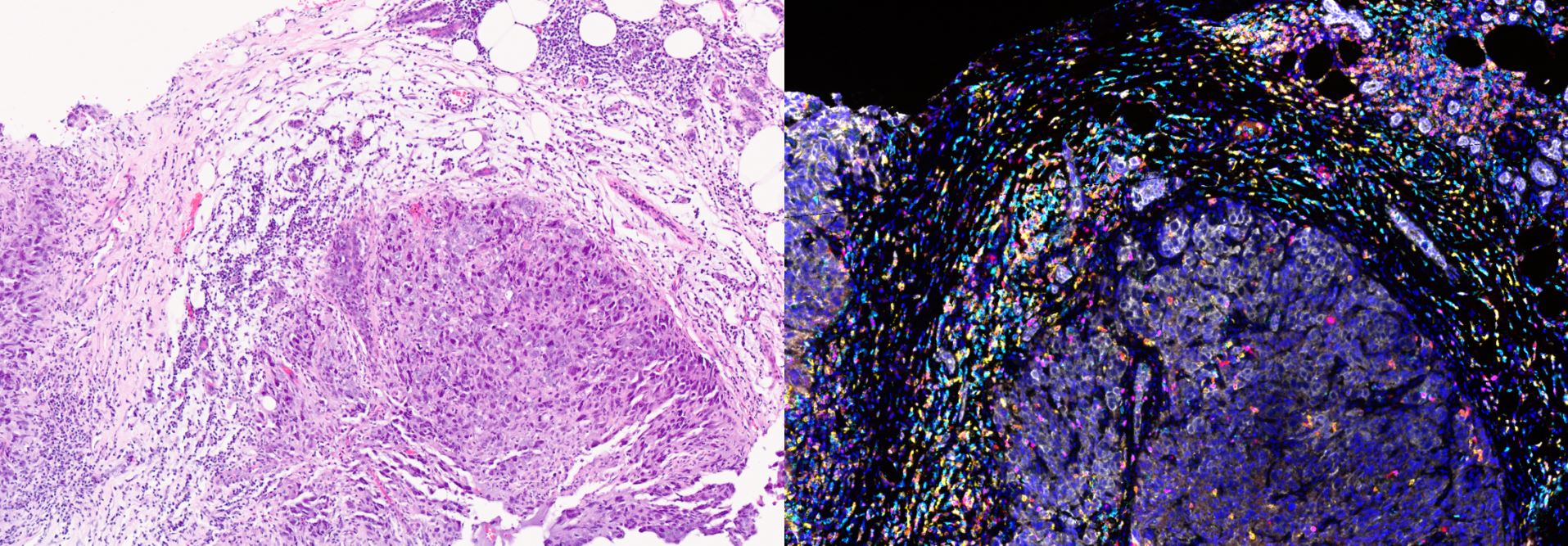Help more women with ovarian and breast cancer to live longer, better lives
Give the gift of research to help someone's mum, sister, nan, or friend survive cancer and look forward to spending more precious time with their loved ones.
My name is Sue Vincent, and I’d like to share my story about an incredible cancer drug that has given me my life back – and has given back my daughters their mum, and my grandchildren their nan.
In 2007 I was diagnosed with advanced ovarian cancer. I had surgery followed by six months of debilitating chemotherapy. I lost my hair, I lost my dignity, my personality - and felt like I had lost myself.
During this time, I underwent genetic testing and discovered I carried a fault in a gene called BRCA2 which greatly increased my risk of developing both breast and ovarian cancer.
"After just three years, my cancer had returned and spread. Remarkably, I was offered a place on a clinical trial for a new drug, the development of which was underpinned by research at The Institute of Cancer Research, London. Fourteen years on, I’m still taking olaparib. It’s given me a quality of life I could only have dreamed about.
I feel extremely lucky to be offered that trial of olaparib. I’ve always felt that research is vital in finding new treatments and cures, and I wanted to play my part in that progress."
But world-class research like this takes time and investment. That’s why I’m asking for your support, so that more women like me can survive cancer and get their lives back too.

Natasha, diagnosed with breast cancer aged 45. Natasha is now cancer-free thanks to successful treatments.
Why research progress is vital
In 1995, our world-class scientists made a landmark discovery by identifying the BRCA2 gene, which is faulty in many inherited breast and ovarian cancers. A decade later, they showed that a new class of drugs could be particularly effective in BRCA-related cancers.
Thanks to advances in diagnosis and treatment, survival rates have improved hugely. But we need to continue this progress. In the UK, around 7,500 women are diagnosed with ovarian cancer every year, and survival rates remain stubbornly low. And some types of breast cancer remain challenging to treat, with the disease still the second leading cause of cancer deaths in women.
We’re deeply committed to finding better ways to diagnose and treat both breast and ovarian cancer – and advance innovative new treatments through our cutting-edge drug discovery programme.
Read more about some of our current research progress:

"Immuno-oncology is such an exciting, fast paced field that it’s impossible not to feel motivated working here. I am confident that our work has the potential to transform the lives of many people with breast cancer." - Dr Esther Arwert
Dr Esther Arwert is working on identifying treatments to enhance the immunotherapy options available to people with breast cancer.
Dr Arwert leads our Functional Tumour Immunology Group, which is part of our Centre for Immunotherapy of Cancer. Her research aims to successfully harness the body’s immune system to control and destroy the disease.
Such treatments could benefit many thousands of women with breast cancer, including those with faulty BRCA genes as well as more common non-hereditary forms of the disease.

"The Institute of Cancer Research is unique - nowhere else in the world is discovering so many oncology drugs and then trialling them." - Professor Udai Banerji
Professor Udai Banerji has led a team responsible for the early development of a new targeted drug for ovarian cancer. This drug, which was created by researchers at our Centre for Cancer Drug Discovery, works by targeting a protein called the alpha folate receptor.
Results of the 1st clinical trial showed promise for treating some ovarian cancer patients. The drug is now set to advance to the next stage of development, with the hope that it will ultimately become an effective new treatment option.
Another innovative drug going through clinical trials could help patients with certain types of ovarian cancer.
The drug targets a pathway that cancer cells are highly dependent upon, involving the heat shock factor (HSF1) protein. This protein acts as ‘master switch’ in cells that controls the activity of a variety of genes - and its signalling can be hijacked by cancer to support their growth and spread. Our scientists have found ways to block the pathway, to slow cancer growth.
Help someone's mum, nan, sister or friend survive cancer by giving the gift of research.
Lifesaving research takes time and investment. No matter how large or small, every gift you make helps us take steps forward in our innovative research programmes.
It only takes a moment to make a gift, but the impact of your donation can last a lifetime. Please donate today to help more women with cancer live longer, better lives.
Related news

The future of ovarian cancer
Professor Banerji is actively involved in developing new drugs tailored to the different types of ovarian cancer.
